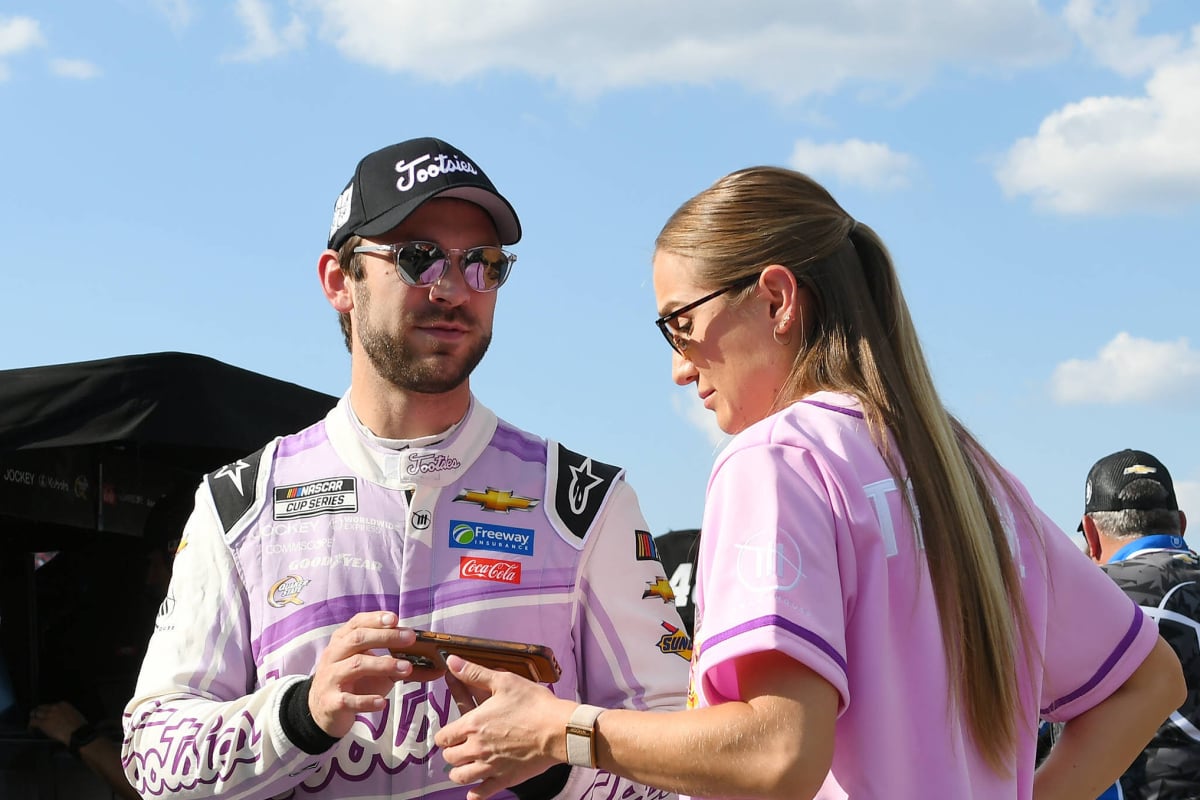
Latest News

Formula 1
Lewis Hamilton delivers perfect 'oh s***' response to F1 title twist
- 2 hours ago

Formula 1
Lewis Hamilton begs reporters to criticize Qatar Grand Prix
- Today 18:53

Formula 1
Max Verstappen's NEW team-mate announced as F1 star brutally sacked
- Today 16:34

Formula 1
Red Bull 'sincerely regret' role in Kimi Antonelli abuse online
- Today 00:04

Formula 1
F1 2025 Abu Dhabi Grand Prix weather: Latest forecast today from Yas Marina
- Yesterday 20:12

Formula 1
F1 2025 Standings: McLaren disaster sets up Max Verstappen showdown in Abu Dhabi
- Yesterday 17:06
Most read

2.500+ views
F1 Sprint Qualifying Results: Disaster for Max Verstappen as Oscar Piastri surges back to pole
- 28 november

2.500+ views
Fernando Alonso urges FIA to reconsider Las Vegas GP after raising safety concerns
- 26 november

NASCAR Cup Series champions: The definitive list from Red Byron to Kyle Larson
- 28 november

F1 boss claims current drivers may be best in sport's history
- 16 november

NASCAR has made major change to 'Kyle Busch rule' ahead of 2026
- 20 november

NASCAR team owner set to sue over ‘defamatory’ comments
- 25 november





















 Grand Prix of Australia 2025
Grand Prix of Australia 2025  Grand Prix of China 2025
Grand Prix of China 2025  Grand Prix of Japan 2025
Grand Prix of Japan 2025  Grand Prix of Bahrain 2025
Grand Prix of Bahrain 2025  Saudi Arabian Grand Prix 2025
Saudi Arabian Grand Prix 2025  Grand Prix De Monaco 2025
Grand Prix De Monaco 2025  Gran Premio de España 2025
Gran Premio de España 2025  Grand Prix du Canada 2025
Grand Prix du Canada 2025  Grand Prix of Austria 2025
Grand Prix of Austria 2025  Grand Prix of Belgium 2025
Grand Prix of Belgium 2025  Grand Prix of Hungary 2025
Grand Prix of Hungary 2025  Grand Prix of Azerbaijan 2025
Grand Prix of Azerbaijan 2025  Grand Prix of Singapore 2025
Grand Prix of Singapore 2025  Gran Premio de la Ciudad de Mexico 2025
Gran Premio de la Ciudad de Mexico 2025  Grande Prêmio de São Paulo 2025
Grande Prêmio de São Paulo 2025  Qatar Grand Prix 2025
Qatar Grand Prix 2025  Grand Prix of Abu Dhabi 2025
Grand Prix of Abu Dhabi 2025 